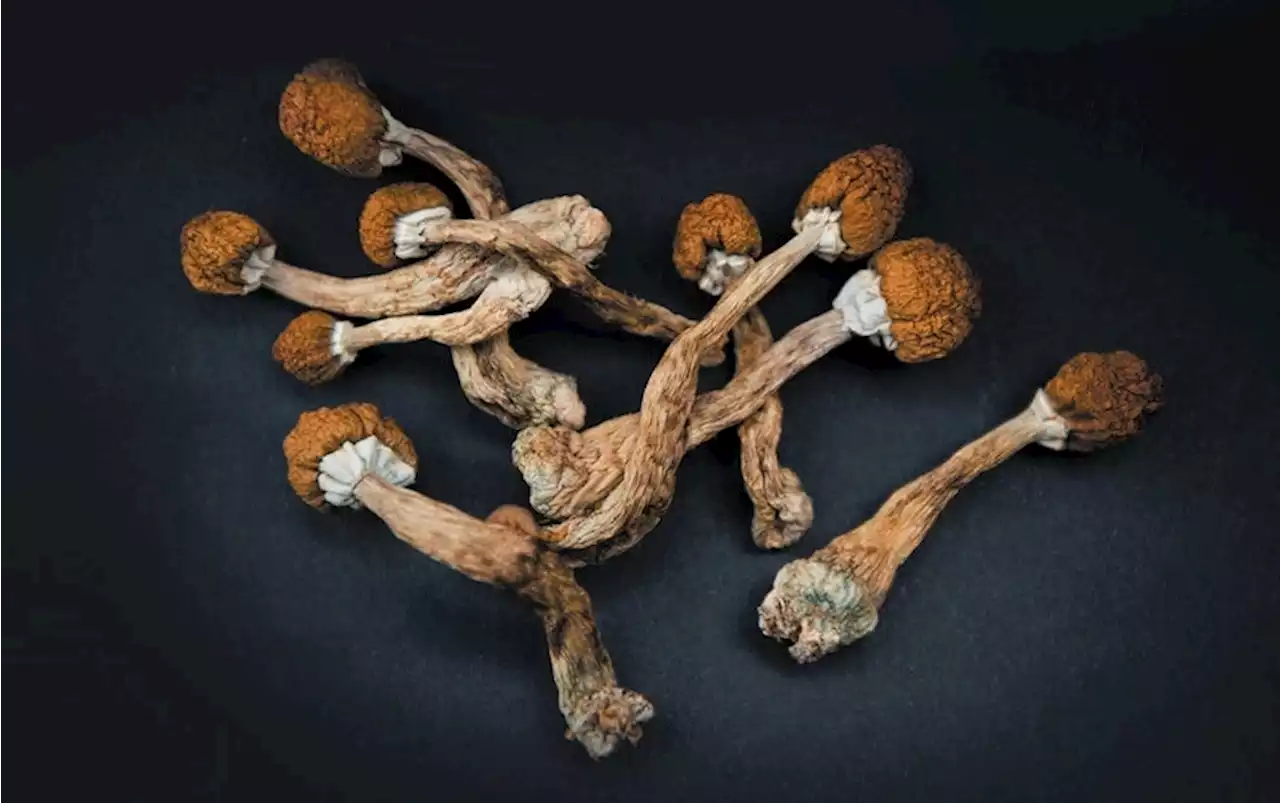Here’s how the psychedelic substance’s legal status has been shifting
Magic mushrooms are undergoing a transformation from illicit recreational drug to promising mental health treatment. Numerous studies have reported positive findings using psilocybin—the mushrooms' main psychoactive compound—for treating depression as well as smoking and alcohol addiction, and for reducing anxiety in the terminally ill. Ongoing and planned studies are testing the drug for conditions that include opioid dependence, PTSD and anorexia nervosa.
Despite these legal hurdles, the current research resurgence has seen Nutt and others exploring how psilocybin changes the brain's connectivity patterns: reducing connections within the usual networks while increasing links between less connected regions. Just this year a study showed that treatment involving psilocybin led to sustained network alterations, which seemed to correlate with reduced depression symptoms.
As part of Oregon's legislation, the state health authority created a scientific advisory board to recommend regulations for psilocybin service centers, such as designating mushroom species and preparations to use and production standards to follow. These centers, which can apply for licenses starting next January, will not claim to treat depression but will aim to improve general well-being.
Regardless of local decriminalization, U.S. researchers must still abide by federal Schedule I regulations. The International Therapeutic Psilocybin Rescheduling Initiative, a coalition of research and advocacy organizations, aims to get the World Health Organization to conduct a review of the relevant evidence for reclassifying the drug. “It's inconceivable the WHO could now say psilocybin doesn't have medical value. It can work where other drugs have not,” Nutt says.
Portugal has famously decriminalized all drugs. Some countries ban the mushrooms but not their spores, because the latter do not contain psilocybin. Others simply do not enforce their laws on magic mushrooms.
